Explore fun and engaging activities for your loved one with dementia in Round Rock, Texas!
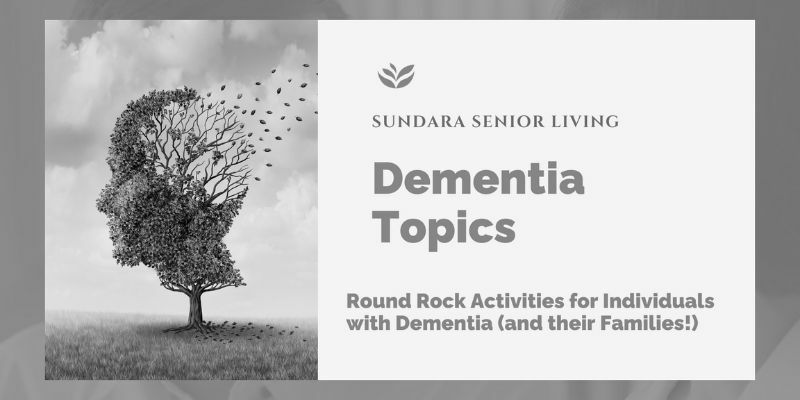

Explore fun and engaging activities for your loved one with dementia in Round Rock, Texas!
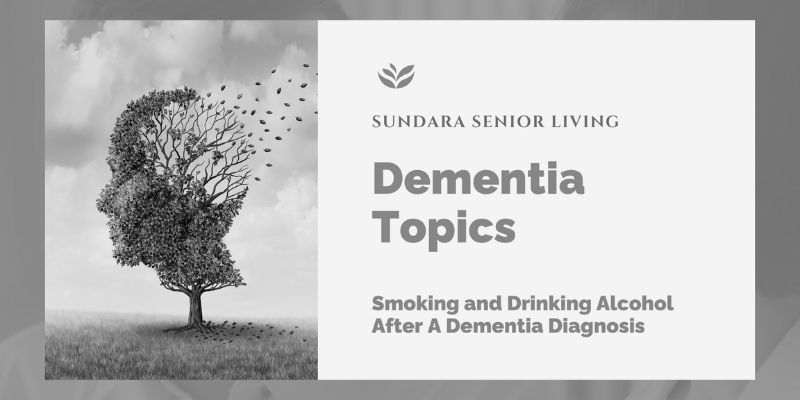
Smoking and heavy drinking are harmful to anyone's health, but for those living with dementia, the risks are even more serious. These habits can...

Do you have a loved one, or have you recently been diagnosed with a type of dementia? Like with any illness, one of your first questions may be,...
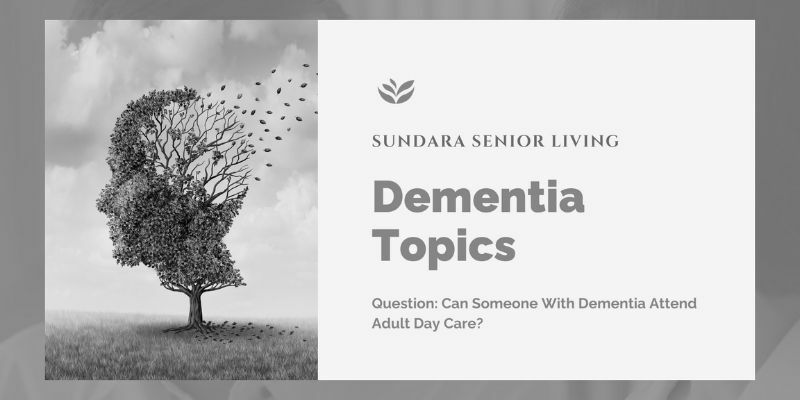
Find out if an adult day care center is right for your loved one.
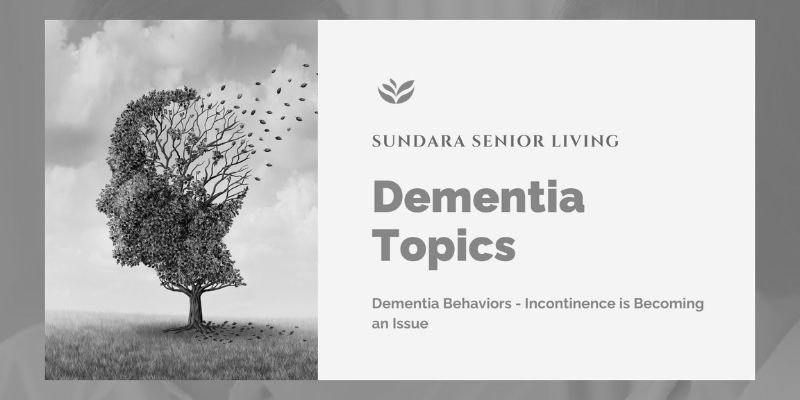
Caring for a loved one with dementia who is beginning to experience incontinence can feel overwhelming and difficult. Incontinence, which involves...

Has your loved one recently been diagnosed with dementia or another memory condition? We understand that coming to terms with the diagnosis and...
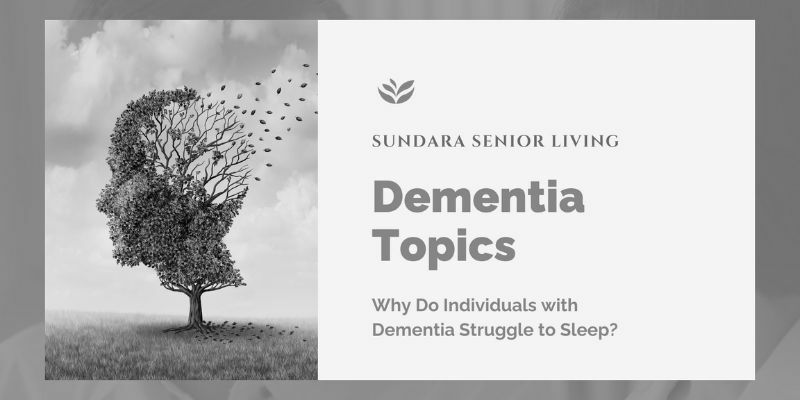
Struggling with sleep is a common problem for individuals living with dementia. Here are some tips to help caregivers promote healthy sleeping patterns.

Summertime in Texas can be brutal. Even those of us who are native to Central Texas can struggle to handle the merciless heat. The unceasing 100+...